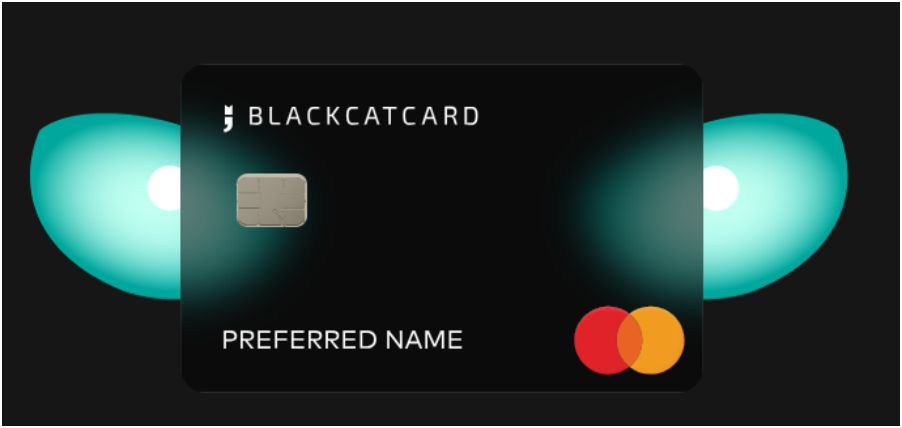Starting your own perfume business can be an exciting endeavor. Perfume has been used for thousands of years across many cultures to enhance beauty and attractiveness. In today’s market, the perfume industry is a multi-billion-dollar business with endless opportunities. This article will guide you through the key steps to launching a successful perfume business.
Determine the Cost of Starting a Perfume Business
The costs associated with starting a perfume business will vary depending on factors like whether you choose to operate a physical storefront or online store. Fixed costs include startup expenses that do not change with sales volume like legal fees, insurance, and office supplies. Variable costs fluctuate based on production levels and sales, such as inventory, shipping supplies, and marketing.
A physical store requires a lease for retail space, fixtures, and hiring employees which drives up fixed costs. Operating online minimizes fixed expenses but requires a strong website, fulfillment center, and additional staff to handle customer service. Regardless of your sales channel, budget at least $50,000 for initial inventory, licensing, marketing, supplies, and other business expenses. Proper financial planning upfront will help gauge profitability.
Choose a Catchy Name for Your Perfume Business
Your business name will be one of the first impressions customers form, so choose something memorable that ties into your brand message. Aim for names that roll off the tongue and represent your signature scent profiles. For example, “Floral Fantasy” conveys romance through flowers while “Midnight Escape” hints at sensuality through darkness. Register your business name and secure related domain names and social media handles. A unique name helps protect your brand identity as the business grows.
Develop a Memorable Perfume Business Slogan
Along with your name, develop a slogan that succinctly captures the spirit and goals of your perfume line. Craft slogans that stir the senses like “Seduction in a Spritz” or “Scents to Savor”. Test different slogans on friends to gauge reactions before launching your official tagline. A slogan strengthens brand recognition and guides your marketing strategy by communicating the value of your products in a compelling way.
Create a Strong Marketing Plan
A strategic marketing plan will introduce your perfume business to potential customers and drive sales. Social media is one of the most cost-effective options to connect with your audience on visual platforms like Instagram and Facebook. Build an engaging online presence through branded photos, behind-the-scenes content, and promotions. Paid advertising like Google Ads lets you target local shoppers. Maintain an optimized website and focus search engine optimization (SEO) efforts around long-tail keyword phrases related to fragrance. Leverage visual assets that immerse viewers in your scents through vibrant color palettes and textures to spark interest. Cross-promotion with influencers builds authentic word-of-mouth.
Select the Perfume Brands You Want to Stock
Carefully curate a collection of perfume brands list that fit with your image and are in high demand. Consider stocking classics from heritage houses alongside up-and-coming independent labels. Popular designer names like Chanel, Dior, and Yves Saint Laurent anchor your store with prestige. Niche houses like Byredo, Maison Margiela, and Le Labo appeal to status-conscious clientele. Supplement major designers with your private label or a partnership with a smaller brand for exclusivity. Market your store as an authority on niche perfumes for men and women.
Source Reliable Suppliers for Your Business
Reliable suppliers are key for on-time fulfillment and to control costs. Research qualified wholesalers that exclusively distribute sought-after brands. Look for suppliers with history in the industry, competitive minimum orders, reasonable shipping rates, and responsive customer service. Request samples before bulk purchases. Build relationships and negotiate favorable terms like payment plans and co-op advertising funds. Rotate seasonal product offerings based on supplier catalogs or create customized supplier orders to maintain fresh inventory.
Conduct a SWOT Analysis of Your Perfume Business
Taking stock of strengths, weaknesses, opportunities, and threats (SWOT) helps devise a winning strategy. Strengths could include passion for scent, retail experience, and boutique storefront location. Weaknesses may be limited finances or small staff. Opportunities lie in untapped local market and adjacent fragrance services. Threats involve competition and economic volatility. Leverage strengths to capitalize on opportunities while addressing weaknesses and threats through tactics like expanding mobile sales or bulk discounts. Evaluate your SWOT periodically to refine your approach as the business landscape shifts.
Final Tips for Perfume Business Success
Creating private label fragrances can be lucrative. Outsource formulation, production monitoring, and branding to trusted manufacturers. Alternatively, compound signature scents at home for niche customer experiences. Host in-store or virtual scent classes and events as customer touchpoints. Develop subscriptions and loyalty rewards. Cross-promote related products like bath and body or scented candles. Negotiate strategic partnerships with hotels, spas or fashion retailers for exposure. Lastly, remain accessible via online chat and social proof through flawless reviews to retain long-term patronage in the ultra-competitive fragrance sector.
To Close
The keys to launching a successful perfume business include thorough planning, appealing branding, savvy marketing, premium partnerships, dependable supply chains, and commitment to customer satisfaction. With passion and strategic vision, your storefront or online boutique can become the go-to perfume destination.














